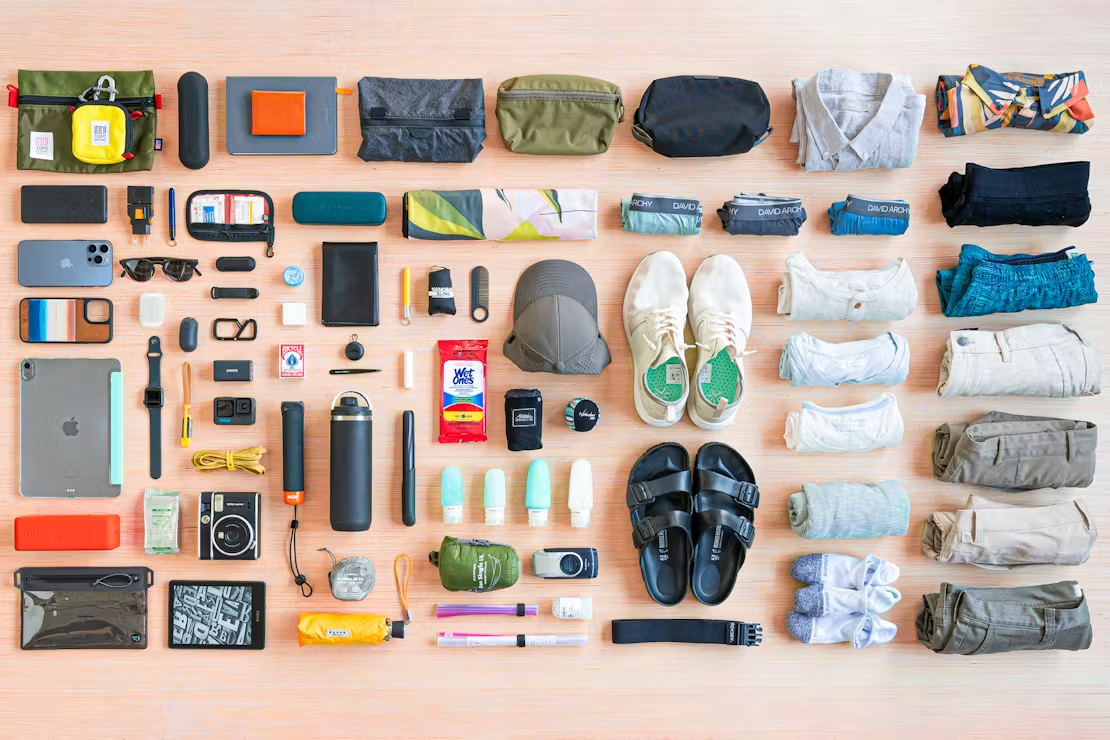Traveling across multiple time zones can be exhilarating, but it often brings the unwelcome companion of jet lag. Jet lag can make you feel exhausted, disoriented, and sluggish, which is hardly the ideal way to start your trip. Fortunately, there are several ways to minimize or even avoid jet lag entirely. Whether you’re heading for a business trip, a vacation, or any other long-haul travel, the following tips will help you adjust to a new time zone with ease.
1. Gradually Adjust Your Sleep Schedule Before You Leave
One of the most effective ways to reduce jet lag is to start adjusting your sleep schedule a few days before you travel. If you’re traveling eastward, try going to bed an hour earlier each night. If you’re traveling westward, aim to go to bed an hour later. By gradually shifting your sleep pattern, you can better align your body’s internal clock with the time zone of your destination.
Pro Tip:
This strategy works best when you have a few days before you depart. However, even adjusting your sleep schedule by just a few hours can make a big difference.
2. Stay Hydrated During Your Flight
Dehydration is one of the main contributors to jet lag. Airplane cabins are notoriously dry, and dehydration can make you feel more tired and disoriented. To avoid this, make sure to drink plenty of water during your flight. Avoid alcohol and caffeine, as they can dehydrate you and interfere with your sleep.
Pro Tip:
Carry an empty water bottle with you through security and fill it up at the airport to ensure you stay hydrated throughout the flight.
3. Try to Sleep on the Plane (If Possible)
If you’re flying overnight or during the time you’d normally be sleeping, try to get some rest during the flight. Use neck pillows, eye masks, and noise-canceling headphones to block out distractions and make your sleep more comfortable. Even if you don’t sleep for the entire flight, a few hours of rest can help your body adjust more easily to the new time zone.
Pro Tip:
If you’re traveling eastward, it may be helpful to set an alarm to wake you up at your destination’s bedtime so you can start adjusting immediately.
4. Expose Yourself to Natural Light
Once you arrive at your destination, exposure to natural light is one of the best ways to reset your internal clock. Light signals your brain to stay alert, which can help you adjust more quickly to the new time zone. If you’ve arrived in the morning, spend some time outside to soak up the sunlight. If you’ve arrived at night, try to avoid bright lights and screens to help your body wind down.
Pro Tip:
If you’re traveling eastward, morning sunlight is especially helpful, while afternoon light can help if you’re traveling westward.
5. Take Short Naps (But Not Too Long)
While it may be tempting to nap for hours after arriving, excessive sleep can interfere with your ability to adjust to the new time zone. However, taking a short nap (about 20-30 minutes) can help you recharge and avoid fatigue. This short nap will refresh you without making you feel groggy or further disrupting your sleep schedule.
Pro Tip:
If you need to sleep longer than 30 minutes, try to avoid napping in the afternoon so you don’t have trouble falling asleep at night.

6. Adapt to the Local Meal Times
Food is another factor that can help you adjust to a new time zone. Try eating meals according to the local time, even if you’re not hungry. This will help your body align with the new schedule. Also, avoid heavy meals right before bedtime as they can disrupt your sleep.
Pro Tip:
Eat lighter meals that are easy to digest in the first few days after arriving at your destination to avoid digestive discomfort that can interfere with your sleep.
7. Avoid Caffeine and Alcohol Near Bedtime
Caffeine and alcohol can disrupt your sleep, especially when you’re trying to adjust to a new time zone. While caffeine is a great pick-me-up during the day, avoid drinking it in the late afternoon or evening, as it can interfere with your ability to fall asleep. Similarly, alcohol may help you fall asleep but can prevent deep, restful sleep.
Pro Tip:
If you must drink alcohol or coffee, try to do so earlier in the day to avoid disrupting your sleep patterns later.
8. Use Sleep Aids Sparingly
If you’re having difficulty sleeping after arriving at your destination, you might consider using a sleep aid, but only sparingly. Melatonin supplements, in particular, can help your body adjust to a new time zone by promoting sleep. However, it’s important to consult with your healthcare provider before using any sleep aids, especially if you have underlying health conditions.
Pro Tip:
Start with the lowest possible dose of melatonin and see how your body reacts. Always use sleep aids as a temporary solution rather than a long-term fix.
9. Be Patient and Give Your Body Time
Adjusting to a new time zone can take a few days, so be patient with yourself. Your body’s internal clock may need time to sync up with the new local time. If you arrive and feel exhausted or groggy, don’t panic—give yourself time to adjust, and try to stick to a consistent sleep schedule.
Pro Tip:
If possible, avoid planning strenuous activities right after you arrive. Allow your body time to rest and recover from the journey before diving into sightseeing or other activities.
10. Stay Active and Move Around
Physical activity can help reset your body’s internal clock. If you feel sluggish or tired after your flight, try going for a walk or doing light stretches to get your blood flowing. This will help reduce fatigue and increase alertness, making it easier for your body to adjust to the new time zone.
Pro Tip:
If you’re feeling sleepy during the day, light exercise, like a brisk walk or a quick yoga session, can help you fight off tiredness without overexerting yourself.
Conclusion
Jet lag doesn’t have to ruin your trip. By following these tips, you can minimize its effects and adjust to a new time zone quickly. Whether it’s gradually adjusting your sleep schedule before departure, staying hydrated during your flight, or exposing yourself to natural light upon arrival, these strategies will help your body adapt to the new time zone with minimal disruption. Be patient and give yourself time to adjust, and you’ll be ready to enjoy your destination without the fatigue that often accompanies long-distance travel.








